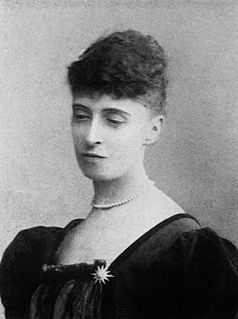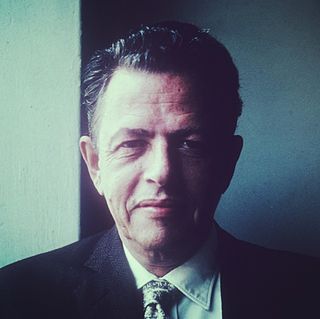A Quote by Elizabeth Taylor
This is a book that respects kids and their ideas. And in that regard, it places Chasing Vermeer in the tradition of classic favorites fondly recalled from our own childhoods.
Related Quotes
There's this long tradition of... even 'Where The Wild Things Are,' which many people consider the best kids' picture book of all time. It was considered revolutionary, and some libraries wouldn't carry it. But it's a classic because it taps into empowerment for kids, kids facing dangers and winning.
We don't need to have just one favorite. We keep adding favorites. Our favorite book is always the book that speaks most directly to us at a particular stage in our lives. And our lives change. We have other favorites that give us what we most need at that particular time. But we never lose the old favorites. They're always with us. We just sort of accumulate them.
Our favorite book is always the book that speaks most directly to us at a particular stage in our lives. And our lives change. We have other favorites that give us what we most need at that particular time. But we never lose the old favorites. They're always with us. We just sort of accumulate them.
One thing that I notice that is changing, you don't see kids on Sunday. Most of them are home. The kids are having much more virtual childhoods instead of childhoods. They don't play ball or hang out with the wrong people or get in fistfights, all the things that once made childhood. I don't know how it's going to turn out.
There is this thing called the university, and everybody goes there now. And there are these things called teachers who make students read this book with good ideas or that book with good ideas until that's where we get our ideas. We don't think them; we read them in books. I like Utopian talk, speculation about what our planet should be, anger about what our planet is. I think writers are the most important members of society, not just potentially but actually. Good writers must have and stand by their own ideas.
Having kids has proven to be this amazing - for me, this amazing source of ideas of anecdotes, of examples, I can test my own kids without human subject permission, so they pilot - I pilot my ideas on them. And so it is a tremendous advantage to have kids if you're going to be a developmental psychologist.
If one looks at all closely at the middle of our own century, the events that occupy us, our customs, our achievements and even our topics of conversation, it is difficult not to see that a very remarkable change in several respects has come into our ideas; a change which, by its rapidity, seems to us to foreshadow another still greater. Time alone will tell the aim, the nature and limits of this revolution, whose inconveniences and advantages our posterity will recognize better than we can.



































